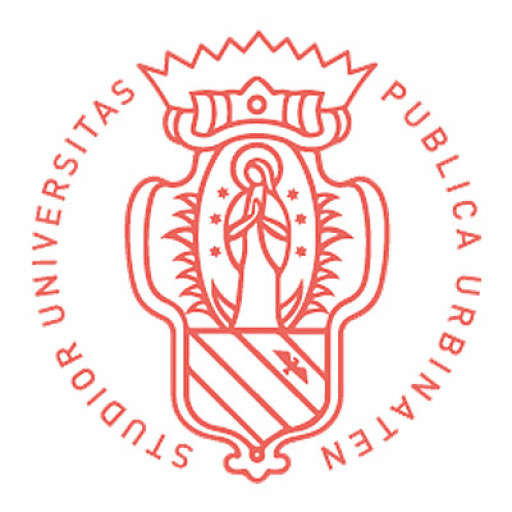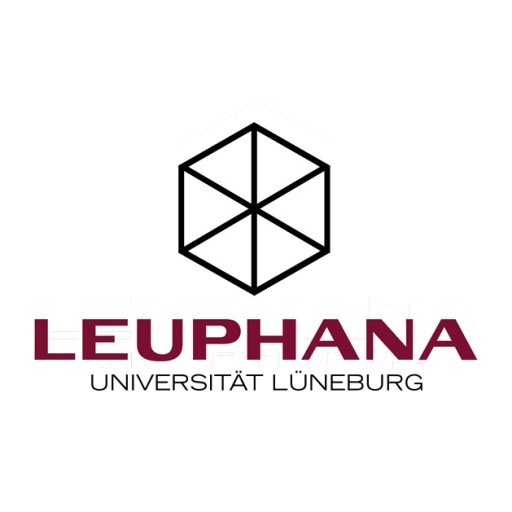Photos of university / #bilkentuniv
The Bachelor of Economics program at Bilkent University is a comprehensive undergraduate degree designed to equip students with a solid foundation in economic theory, quantitative methods, and their practical applications. The program aims to develop critical thinking, analytical skills, and a thorough understanding of how economic principles influence individual, corporate, and government decision-making processes in both domestic and global contexts. Students are introduced to microeconomics and macroeconomics, laying the groundwork for advanced coursework in areas such as international economics, development economics, and public finance.
Throughout their studies, students engage with a variety of analytical tools, including mathematical modeling, statistics, and computational methods, to analyze economic data and formulate evidence-based solutions to complex problems. The curriculum also emphasizes the importance of understanding economic policy formulation, economic systems, and the role of institutions in shaping economic outcomes. By integrating theoretical knowledge with real-world applications, the program prepares graduates for diverse career paths, including roles in government agencies, international organizations, private sector companies, financial institutions, and research institutions.
In addition to core courses, students have the opportunity to specialize in areas like finance, international economics, or economic policy, allowing for tailored academic experiences aligned with their career goals. The program encourages active participation in seminars, workshops, and internships to foster practical skills and industry connections. Bilkent Economics graduates are well-equipped with the intellectual tools and professional competencies required to analyze economic issues critically and contribute effectively to policymaking, business strategy, and economic research.
The program is delivered by faculty members who are experts in their fields, committed to academic excellence and innovative teaching methodologies. Bilkent University's vibrant academic environment, combined with state-of-the-art facilities and a diverse student body, provides an ideal setting for undergraduate students to thrive academically and personally. With an emphasis on research, critical inquiry, and ethical considerations, the Bachelor of Economics program prepares students not only for successful careers but also for responsible citizenship in an increasingly interconnected world.
The Bachelor of Economics program at Bilkent University offers a comprehensive and rigorous curriculum designed to equip students with a deep understanding of both theoretical and applied aspects of economics. The program focuses on developing analytical, quantitative, and critical thinking skills necessary to analyze complex economic issues and contribute to policy-making, research, and business strategies. Students will explore core topics such as microeconomics, macroeconomics, econometrics, and international economics, providing a solid foundation in understanding how economic agents interact within markets and how economic policies influence national and global economies.
Throughout the program, students have the opportunity to delve into specialized fields including development economics, financial economics, public economics, and behavioral economics, allowing for a well-rounded education tailored to their interests and career goals. The curriculum emphasizes the application of statistical and mathematical tools to economic data, fostering strong quantitative analytical capabilities vital for conducting research and making informed decisions.
The program is designed to be both theoretical and practical, with a range of courses that incorporate real-world economic data and case studies. Students are encouraged to engage in research projects, seminars, and internships to gain practical experience and enhance their understanding of current economic challenges. Bilkent University’s vibrant academic environment and state-of-the-art facilities support collaborative learning and innovation.
Graduates of the Economics program are well-prepared for careers in finance, consulting, government agencies, international organizations, and academia. They also have a solid foundation for advanced studies in economics or related disciplines. The program aims to nurture future economists who are analytical, ethical, and capable of addressing the economic issues facing society today and in the future.
Program Requirements for Bachelor of Economics at Bilkent University:
The Bachelor of Economics program at Bilkent University is designed to provide students with a comprehensive understanding of economic theories, quantitative methods, and their applications in real-world scenarios. Prospective students are expected to have a strong foundation in mathematics and analytical thinking. Admission requirements typically include a high school diploma with excellent grades, particularly in mathematics, economics, and related subjects. Applicants must also demonstrate proficiency in English, usually through standardized tests such as TOEFL or IELTS, unless they have completed education in English-medium institutions.
The core curriculum includes mandatory courses in microeconomics, macroeconomics, econometrics, and mathematical methods for economics. Students are required to complete a series of foundational courses in economic theory during their first two years, which establish the conceptual basis for more advanced topics. In addition, students must undertake quantitative courses such as calculus, linear algebra, and statistics to develop the analytical skills necessary for economic modeling and data analysis.
As part of their degree requirements, students are also expected to participate in elective courses, which may include behavioral economics, international economics, development economics, and public policy. To enhance practical understanding, the program encourages internships and research projects, though these are often optional or supplementary requirements. A key component of the program is the final year capstone project, where students apply their knowledge to analyze a specific economic issue or policy, often under the supervision of faculty members.
Graduates must earn a minimum number of credits, typically over 240 ECTS points, completing all coursework, examinations, and project requirements. Good academic standing is essential to progress through the program and achieve degree completion. The university also emphasizes the importance of developing skills in critical thinking, effective communication, and ethical considerations in economic practice. Upon successful completion of all requirements, students are awarded a Bachelor of Economics degree, qualifying them for careers in public policy, finance, consulting, academia, or further postgraduate study.
Tuition fees for the Economics undergraduate program at Bilkent University are established annually and are comparable to those of similar programs within the university. As of the latest academic year, the tuition fee for full-time undergraduate students is approximately $22,000 USD per academic year. This fee covers instruction, access to university facilities, and includes some residential services, although dormitory accommodation and meal plans are generally billed separately. Financial aid opportunities are available for qualified students, including merit-based scholarships, need-based grants, and government support programs. Merit-based scholarships may cover partial or full tuition fees and are awarded based on academic achievement, entrance exam scores, and overall application strength. Need-based financial support is provided to students who demonstrate financial need, assessed through detailed applications and supporting documentation. Bilkent University also offers work-study options enabling students to earn funds during their studies to offset tuition costs. International students are assessed on the same criteria as Turkish students, but additional scholarships and grants for international students are also available, sometimes covering a significant portion of the tuition fee. The university emphasizes affordability and equitable access to quality education, and therefore offers various financial packages to help students manage costs. Students are encouraged to apply early for financial aid and to explore external scholarship options through government and private sources. The university's financial planning also includes the availability of installment payment options, allowing students to pay tuition fees in multiple installments per semester. Overall, the goal is to provide comprehensive financial support to enable talented students to pursue their Economics degree without undue financial burden, integrating the fees into broader university efforts to promote accessible, high-quality higher education in Turkey and internationally.
The Bachelor of Arts in Economics at Bilkent University offers students a comprehensive and rigorous education in the fundamental principles and analytical tools of economics. The program is designed to provide a solid foundation in microeconomics, macroeconomics, econometrics, and various specialized fields such as development economics, environmental economics, and international economics. Students are encouraged to develop critical thinking and quantitative analysis skills, enabling them to understand complex economic phenomena and evaluate policy options effectively. The curriculum combines theoretical frameworks with practical applications, often involving case studies, research projects, and internships to ensure graduates are well-prepared for careers in academia, government, or private sector organizations. Bilkent's Economics program is supported by experienced faculty members who are active researchers, contributing to contemporary debates and policy discussions. The university’s modern facilities, including computer labs and extensive digital resources, facilitate innovative teaching methods. Additionally, Bilkent collaborates with international institutions, providing opportunities for exchange programs and joint research initiatives. Graduates of this program are equipped with the knowledge and skills necessary to analyze economic data, interpret economic policies, and contribute meaningfully to economic development and planning efforts both within Turkey and globally. The program emphasizes a multidisciplinary approach, integrating insights from political science, mathematics, and statistics to enhance students' analytical capabilities. Students are also encouraged to participate in seminars, workshops, and conferences hosted on campus, fostering a vibrant academic community and encouraging networking. Overall, the Economics Bachelor's program at Bilkent University aims to cultivate well-rounded, analytical, and innovative economists who can adapt to the rapidly changing economic landscape and address real-world challenges with expertise and integrity.









